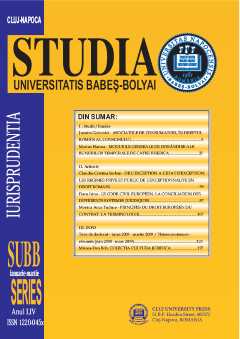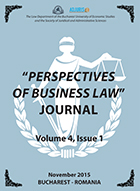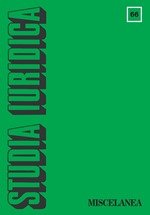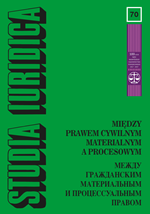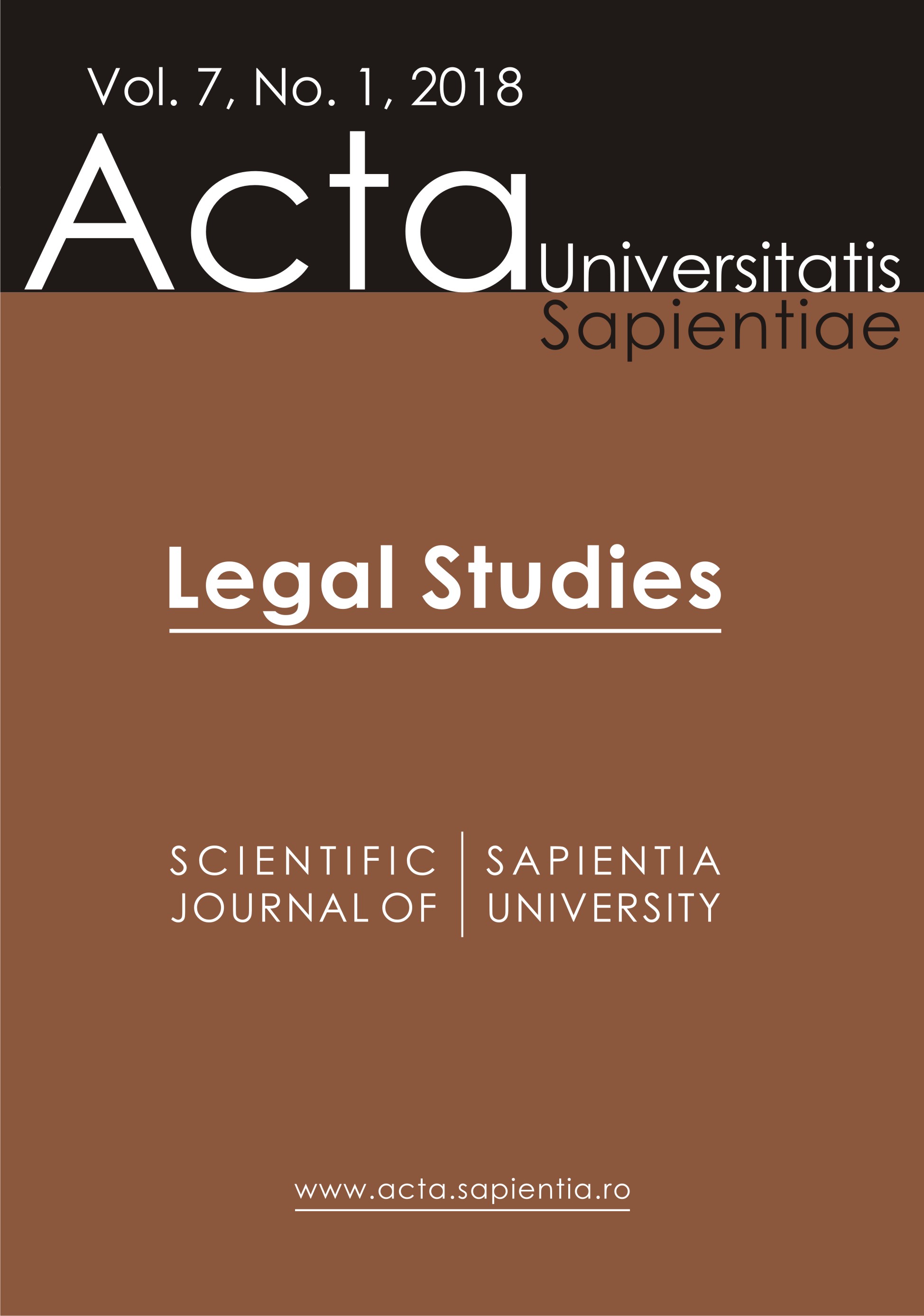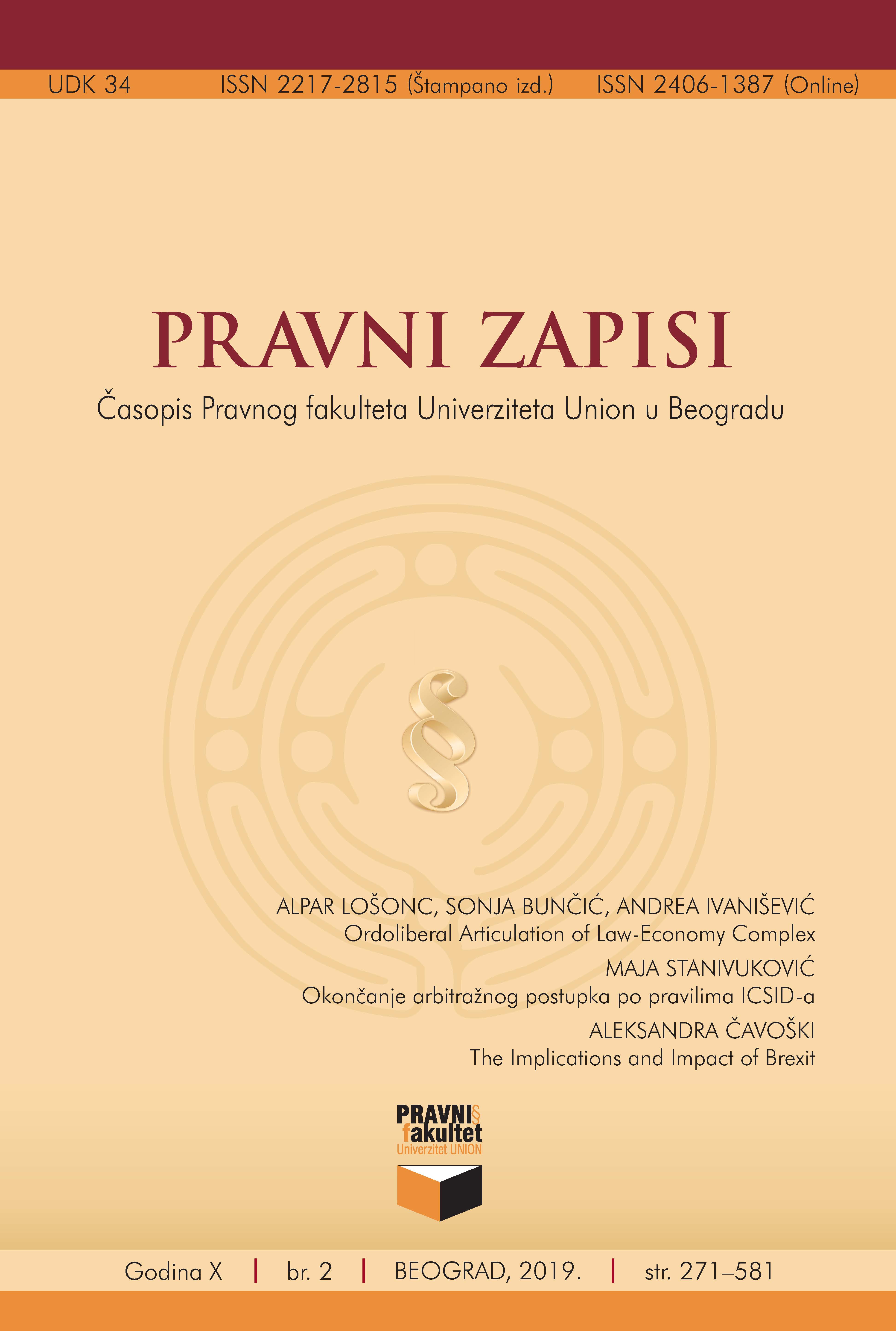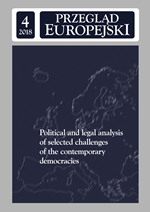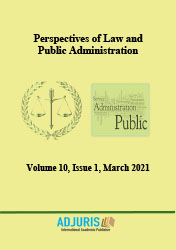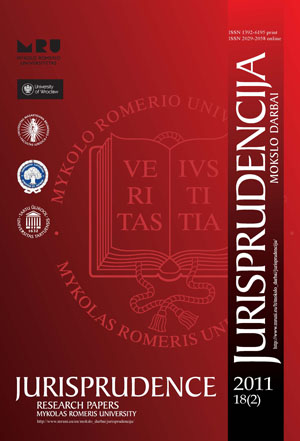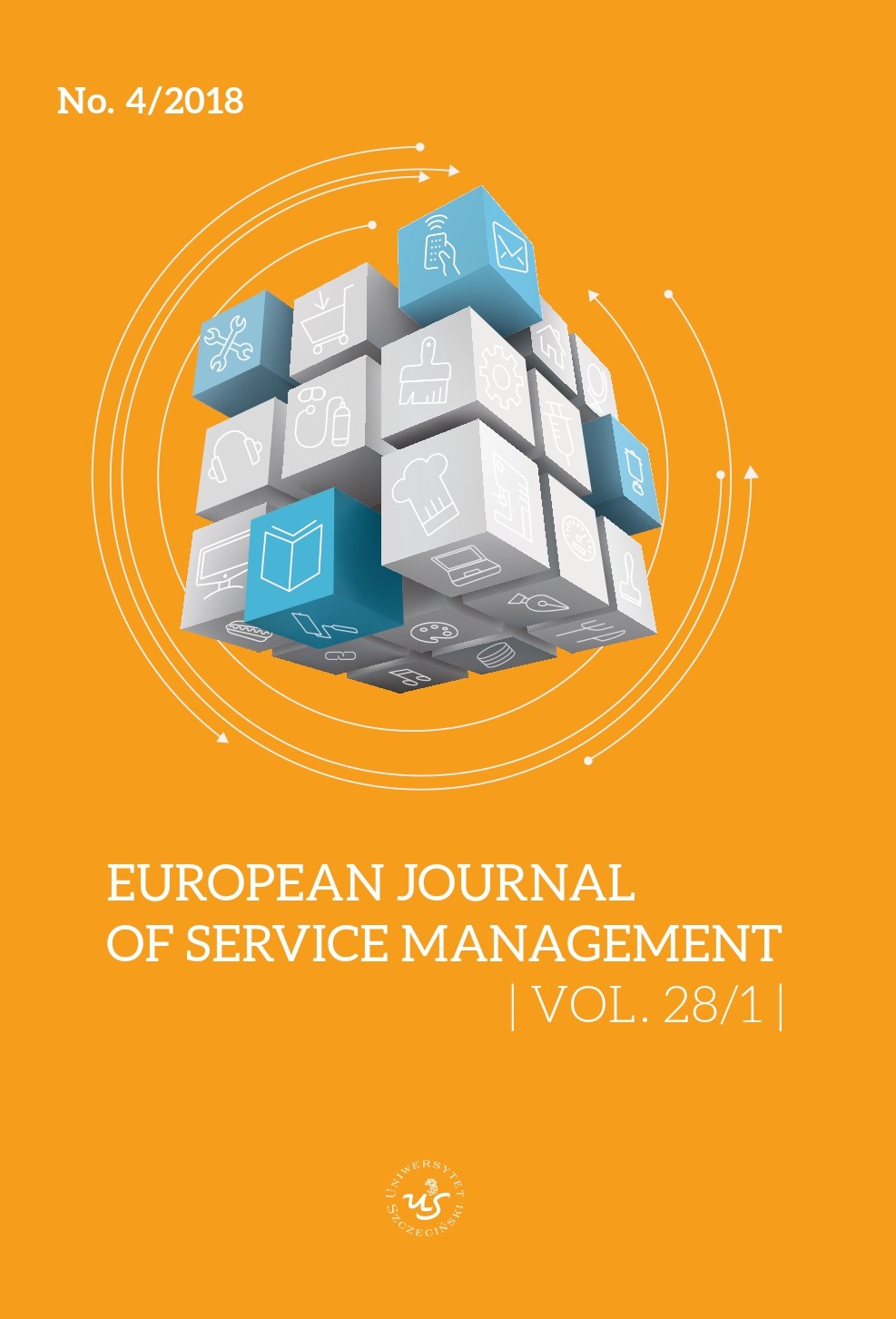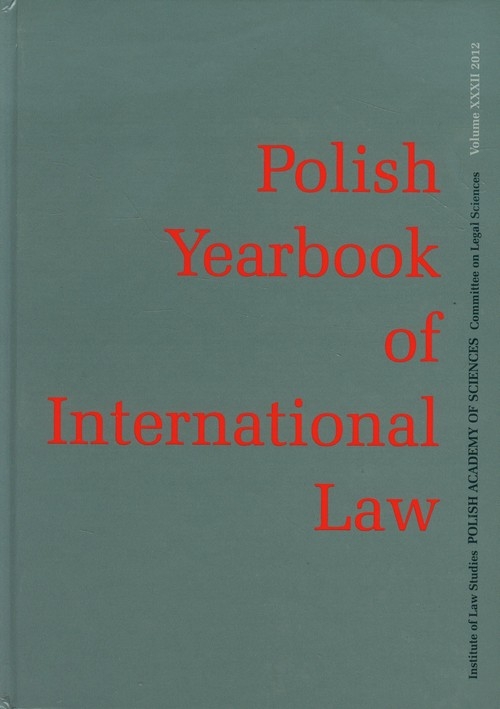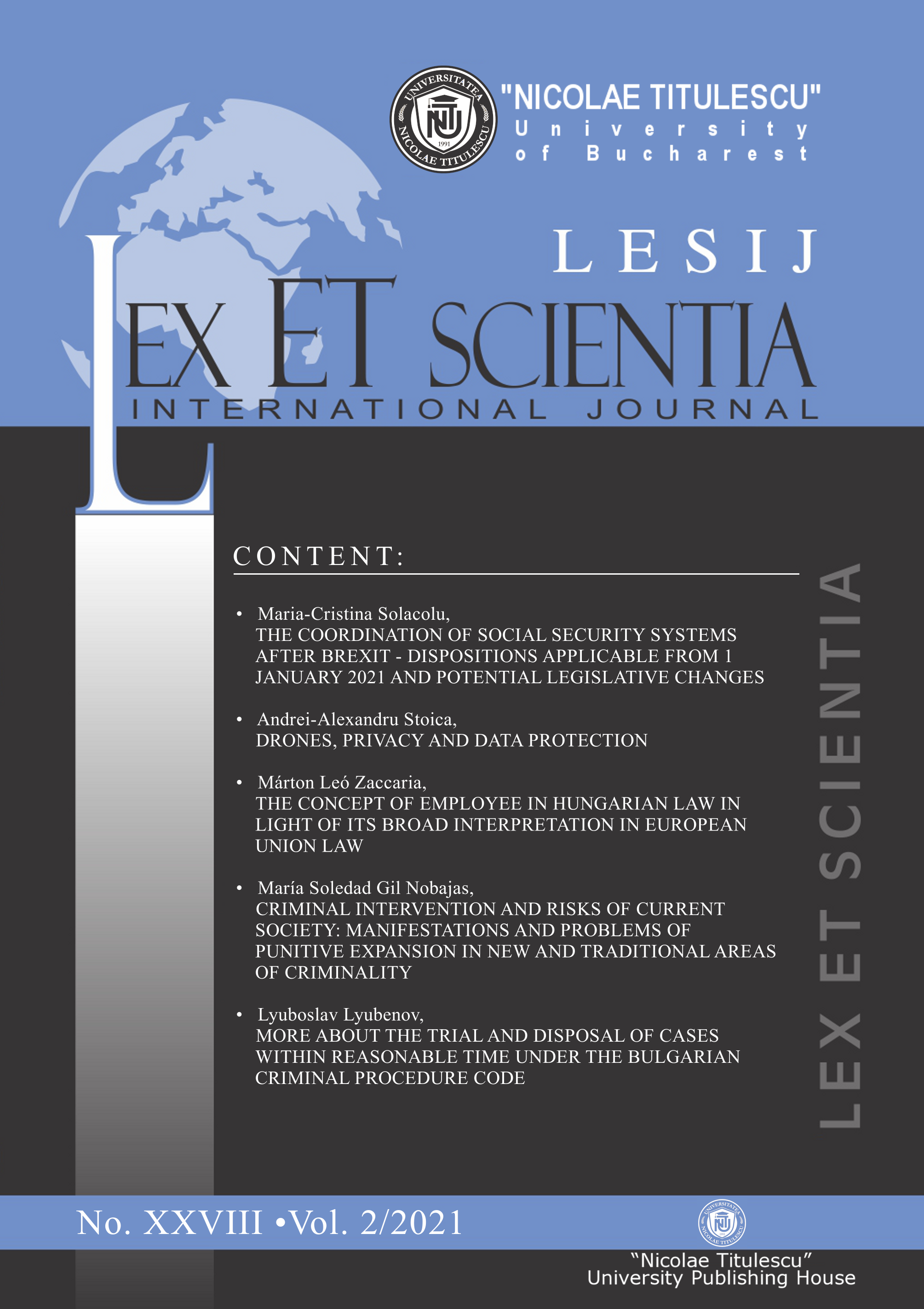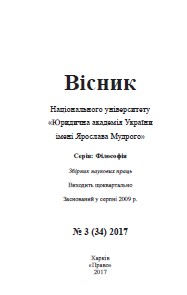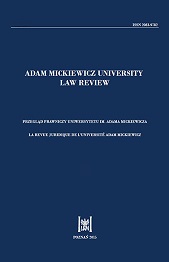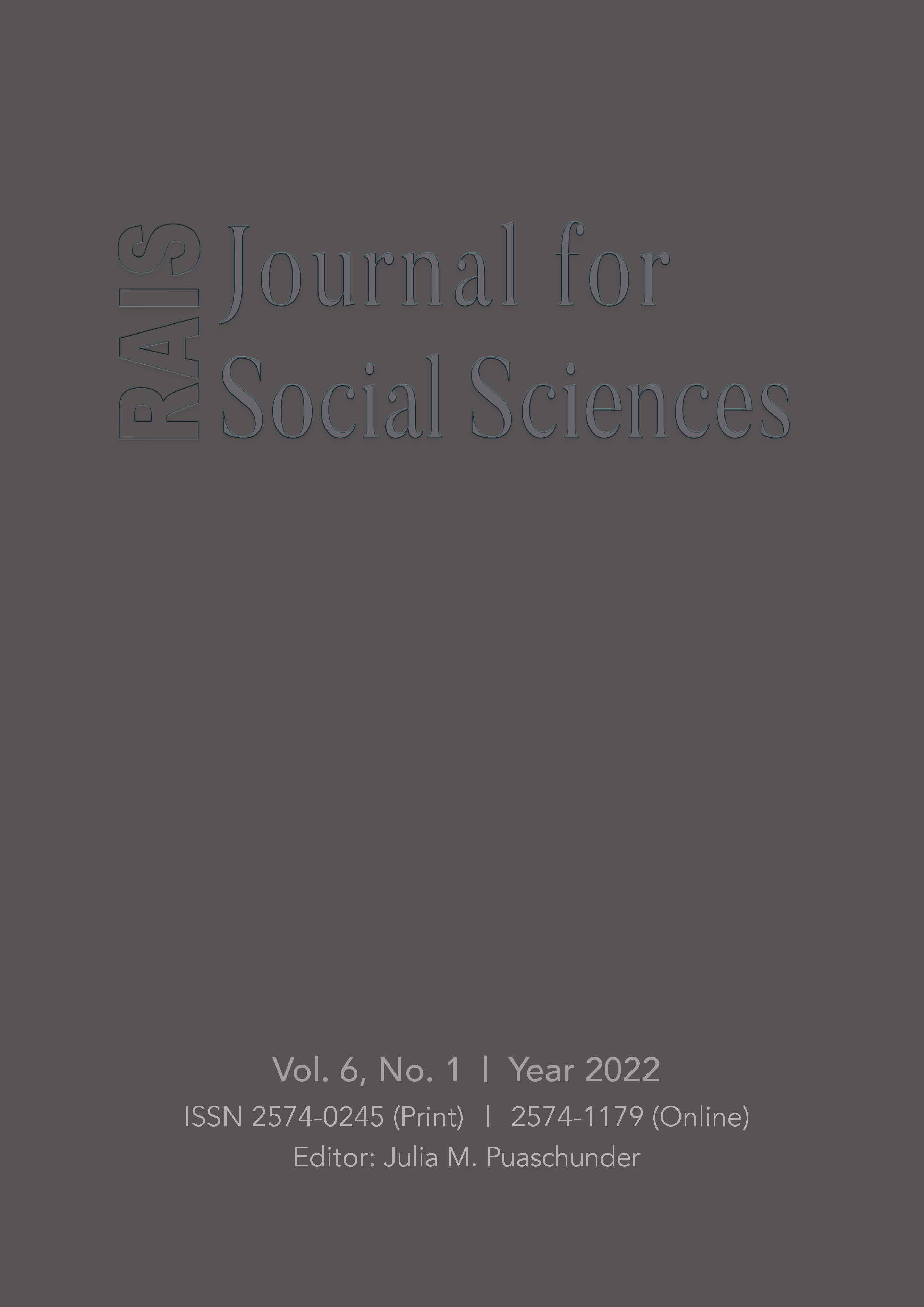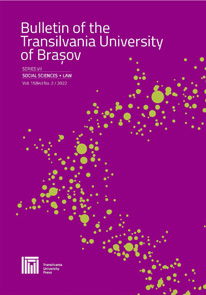
THE RIGHT TO AN INDEPENDENT COURT OF LAW. THEORETICAL ASPECTS. THE EUROPEAN COURT OF HUMAN RIGHTS CASE-LAW
THE RIGHT TO AN INDEPENDENT COURT OF LAW. THEORETICAL ASPECTS. THE EUROPEAN COURT OF HUMAN RIGHTS CASE-LAW
Keywords: the right to a fair trial; the right to an independent court of justice; criminal case; the European Court of Human Rights (ECtHR); unification of case-law
International specialized literature approaches the concept of court of law from two perspectives: on the one hand, this concept refers to the court of law, regarded as a key linking element within the unitary judicial system, and, on the other hand, to the panel of judges, regarded as the main subject of the criminal procedure, i.e. the judges who take part in trying a criminal case. In a criminal case, the court of law plays the most important role and its main attribute is the function of jurisdiction, which represents the sum of powers granted to a magistrate for the administration of justice1. The court of law plays a significant role in the rule of law state; thus, both at national and international level, attempts are made in order to set up a legal framework consisting of norms issued by national lawmakers or by official international institutions or by some magistrate associations or NGOs. All these efforts are meant to underline the significant role that the judiciary plays in a rule of law democratic society. In this study we shall try to analyse the concept of “independent court of law”, as this is presented in the national system of law, in its specific norms that are provided by international normative acts and in the principles deriving from the ECHR case-law.
More...
